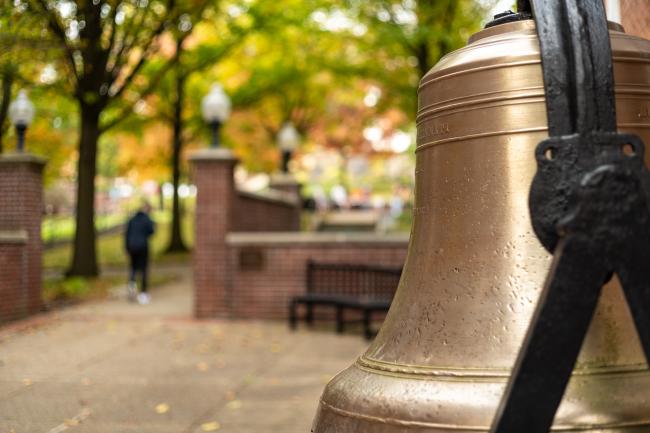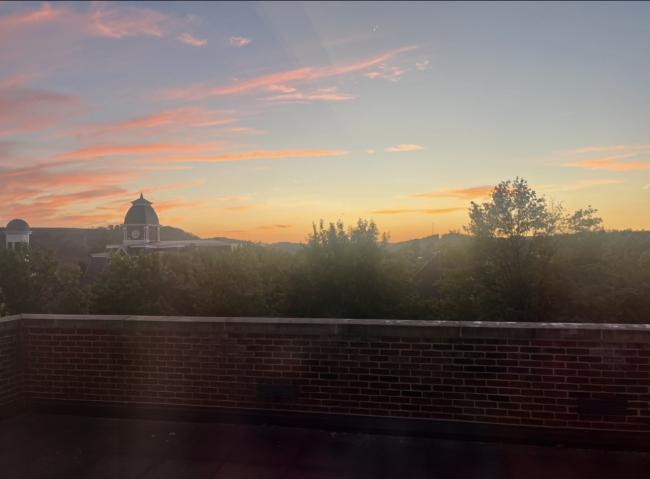Have you made any resolutions for 2020? In the Writing Center, ours always involve reading more. As writers know, there’s only two ways to learn to write better: one is to read, and the other is to write.
Social media is full of reading challenges. Goodreads offers a variety of ways to increase your reading this year, from reading through the alphabet by choosing books that begin with the letters A to Z to a color challenge that encourages books selection by focusing on a certain color in the title or cover art to a TBR (To Be Read) Jar that includes slips of paper with the titles of books you’ve wanted to read for a long time. There’s even a Clear Your Shelves challenge that will help you to finally read the books you’ve stacked up beside your bed. (https://www.goodreads.com/topic/show/20910781-a-guide-to-the-2020-yearly-challenges)
PopSugar’s 2020 Reading Challenge is a list of categories to check off as you read. For example, read a book about Japan (host of the 2020 Olympics) or about a woman who is a leader in STEM. You might want to pick a banned book or only books written in the 21st century. Many challenges encourage the reading of 52 books a year. This Book of the Month Club post shows just how that ambitious reading goal can be reached: https://girlsnightinclub.com/posts/how-im-actually-reading-a-book-a-week-in-2020/.
An interesting way to compile your own reading list is to research what your favorite author loved to read. Edgar Allan Poe, whose birthday is January 19th, didn’t leave a list for us, but if you like things that go bump in the night, Poe’s informal protégé, Stephen King, has recommended several books via Twitter (https://www.aerogrammestudio.com/2014/07/16/stephen-kings-reading-list-part-3/ ). For Harry Potter fans, J.K. Rowling’s list can be found here: https://www.insider.com/jk-rowling-favorite-books-2016-7#a-tale-of-two-cities-by-charles-dickens-12. The Literary Hub (a marvelous site for all things reading) published “Which Books Do Famous Authors Read and Recommend Most? Or, How to Read Like Your Favorite Writers” that you might want to peruse while sipping on a cup of tea. (https://lithub.com/which-books-do-famous-authors-read-and-recommend-most/)
January also hosts National Thesaurus Day on January 18th. We can thank Peter Mark Roget for inspiring word play by retiring from a medical career to compile the first comprehensive list of synonyms in 1852. The 2020 version is available at http://www.roget.org/. If learning new words is more your style, check out Merriam Webster’s free word-a-day email subscription (https://www.merriam-webster.com/word-of-the-day), or look for one of the many word learning or word game apps available. A dose of beautiful words in your inbox every day occurs when you subscribe to the Poetry Foundation’s Poem of the Day (https://www.poetryfoundation.org/poems/poem-of-the-day). If prose is more your style, you will want to receive River Teeth’s weekly flash nonfiction column called “Beautiful Things” (https://www.riverteethjournal.com/online-content/beautiful-things). None of these word-play sites will disappoint.
Beautifully crafted writing is all around us. At the beginning of this new year, the Writing Center wishes you each a deep and resounding word pool. As Professor John Keating said in Dead Poets Society, “words and ideas can change the world.” Happy 2020.
Learn more about the Writing Center at Waynesburg University


